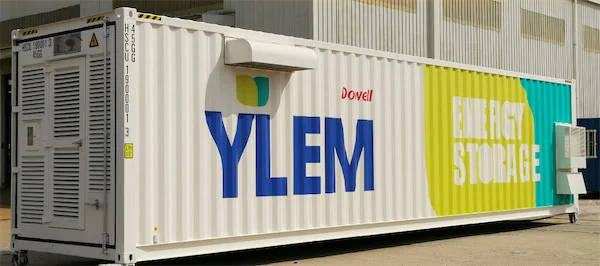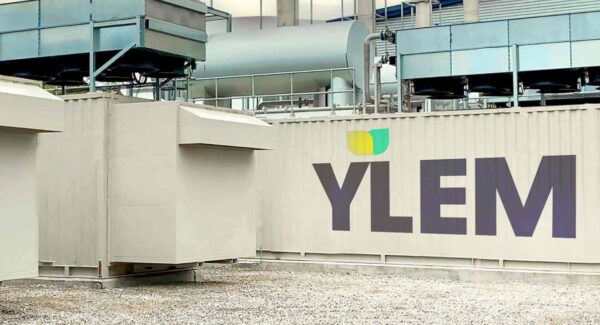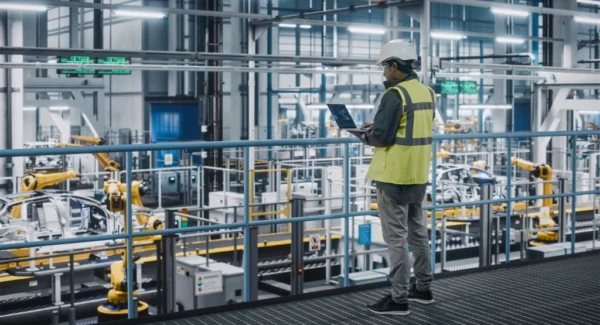The long-awaited announcement on Ofgem’s Targeted Charging Review (TCR) has landed and, as many anticipated, it looks set to penalise consumers using on-site generation and storage systems to reduce their reliance on grid-supplied energy. Whilst this is disappointing, all is not lost…
The electricity sector has been transformed over the last few decades – with more and more decentralised generation coming online every single day. From the smallest solar array on a domestic consumer’s roof through to a huge onshore wind farm, change has certainly been the order of the day, with power flowing in both directions on the network. Very few consumers have the luxury of being able to generate the entirety of their sites’ demands, so the majority still need to have a grid connection and the TCR process set out to seek a fairer way of charging consumers for the cost of providing and maintaining the grid infrastructure. This was due to the fact that sites able to generate a proportion of their own power requirements or reduce their demand to avoid importing power during peak periods, still relied on the grid during other periods – but didn’t pay as much towards its upkeep.
We of course recognise that Ofgem has been well meaning in its intention to ensure that these costs are not disproportionally skewed towards a diminishing number of consumers. But we, along with the majority of the participants in the renewables and flexibility sectors are disappointed by the way in which it has been set out and the effects that the proposed measures will have. This will include end users who have proactively looked at reducing consumption from the grid and become more efficient, along with new energy projects planned for the future. In addition, the most effective price signal to reduce demand during peak periods has been removed and we hope this will be rectified within the Forward-Looking Charging review next year.
Ofgem’s proposes that it will levy a refined version of a fixed charge for the collection of residual network charges, firstly with transmission charges in 2021, then followed by distribution charges in 2022. These actions will serious impact businesses who were helping to reduce demand during the peak periods and are now making large-end consumers question the economic case of installing further flexible generation and storage – all of which could slow the progress being made to decarbonise the UK’s energy sector by helping integrate further renewable energy sources on the network.
Cause for Optimism
Having said all of the above, whilst the proposed changes could have a negative impact on future projects, this should not stop industrial and commercial consumers looking to take advantage of implementing their own on-site flexibility measures behind their electricity meters. Electricity charges are still heavily loaded with non-commodity costs and, even with the implementation of TCR in 2021, the bulk of these third-party costs can still be avoided by optimising a site’s energy requirements – with particular emphasis to peak periods. In addition, large users of energy should look at the wider revenue opportunity of utilising behind-the-meter flexible generation and storage in the continuingly developing energy wholesale and ancillary markets.
By implement intelligent on-site generation and battery storage systems, significant gains can still be made, and my company’s own portfolio of projects are still making good business sense for clients. I guess the true measure of how well the business case stacks up can be demonstrated by the fact that we’re still willing to invest our own capital to fund such projects – meaning that our clients don’t need to have any expenditure on their balance sheets.
Furthermore, it’s also worth mentioning that whilst energy costs are a motivator for industrial and commercial clients, ensuring that their sites have a resilient supply can of course be crucial for many businesses – last summer’s blackout reminded us all of the importance of standby power to ensure business continuity.
Whilst Ofgem’s review process continues to rumble on with the launch of a second taskforce to review the balancing services charges, our sector will continue to innovate and develop projects that will lead the UK towards its recently announced goal of net zero carbon emissions by 2050.





